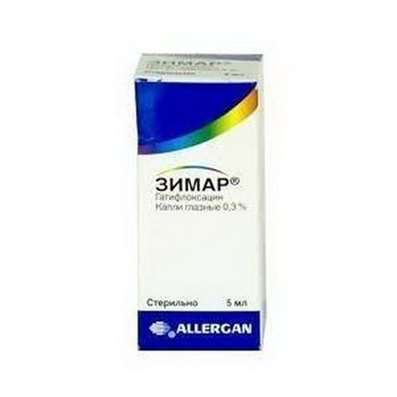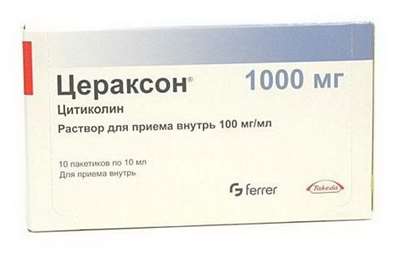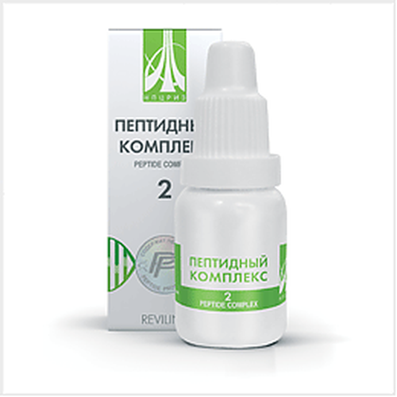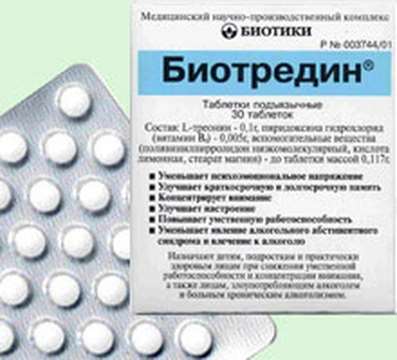Vitamin B12 (Vitaminum B12)
18 Oct 2016
Vitamin B12 refers to the group of water soluble vitamins.
Cyanocobalamin has a high biological activity. This preparation is necessary for normal hematopoiesis (promotes the maturation of red blood cells). Participation in transmethylation processes, hydrogen transfer, methionine synthesis, nucleic acids, choline, creatine. It contributes to the accumulation in erythrocytes of compounds containing sulfhydryl groups. It has a beneficial effect on the function of the liver and nervous system. Activation of blood coagulation in high doses causes increased activity of thromboplastin and prothrombin.
Vitamin B 12 (cyanocobalamin) is a cofactor for methionine synthase, which catalyzes the conversion of tetrahydrofolate methyltetrahydrofolate to homocysteine to methionine and subsequently converted to S-adenosylmethionine (SAM). Lack tetrahydrofolate required for DNA synthesis, leads to inadequate maturation of erythrocytes, which manifests as megaloblastic anemia, while reducing production SAM units during the synthesis of phosphatidylcholine, an important component of myelin sheaths.
Lack of vitamin B12 as a cofactor of mitochondrial mutase, interferes with the normal formation of myelin sheaths, as it is the absence or violation of the biosynthesis of fatty acids, which are the structural part of the myelin sheath.

 Cart
Cart





